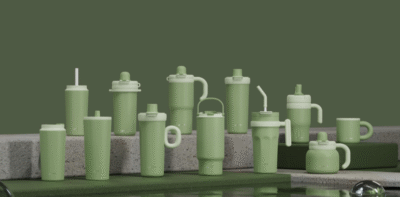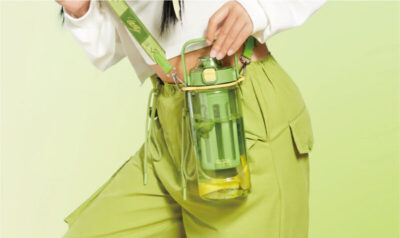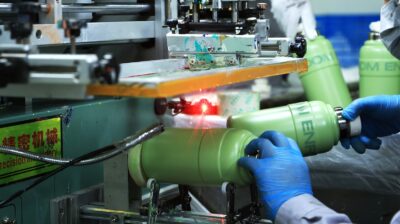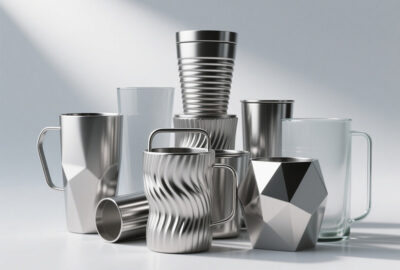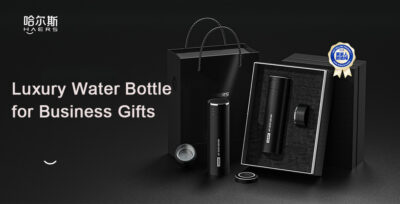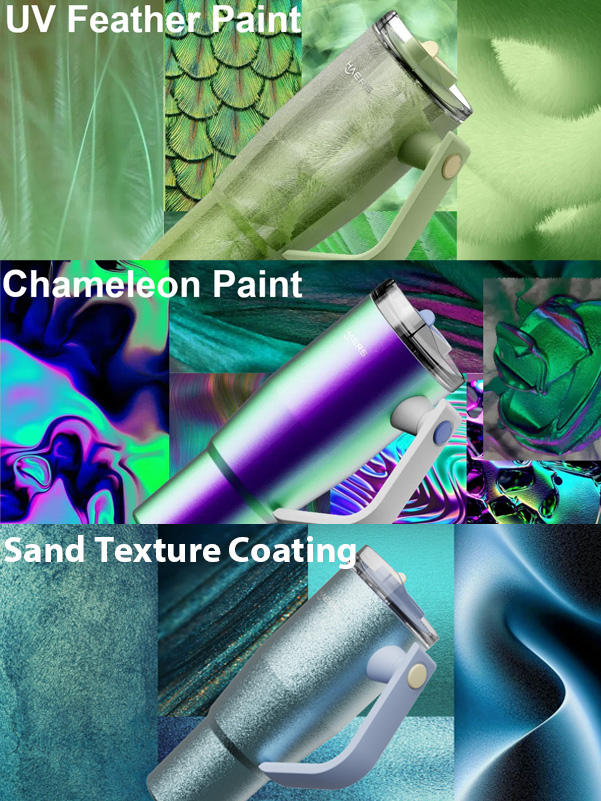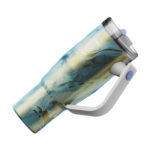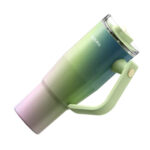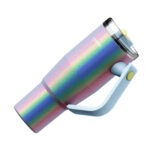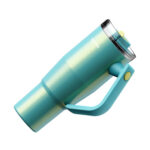Can You Put Lemon Water in Stainless Steel Cups?
Lemon water, fruit vinegar, and citrus-infused drinks are increasingly popular among health-conscious consumers. As a result, many brands and gift companies are customizing mugs that complement this trend. One common concern arises during the sourcing process: Is stainless steel a safe material for storing acidic beverages like lemon water? This question is especially relevant for retailers, wholesalers, and promotional gift buyers who want to ensure the durability, safety, and user satisfaction of their products. In this article, we’ll explore whether stainless steel cups are compatible with acidic drinks and what consumers should know when choosing stainless steel bottles for your brand or business.
Table of Contents
ToggleDoes Lemon Water Affect the Cup?
Lemon water typically has a pH level between 2 and 3, making it moderately acidic. While this level of acidity is safe for consumption, it does raise questions about how well different materials handle prolonged exposure.
High-quality stainless steels like 304 and 316 are known for their excellent corrosion resistance. For everyday use or short-term contact with acidic beverages like lemon water, these materials perform reliably and remain unaffected — making them a trusted choice for cups.
However, lower-grade stainless steels such as 201, which may contain more impurities or less nickel content, are more prone to corrosion when exposed to acidic liquids over time. In such cases, prolonged use with lemon water or fruit vinegar could lead to the release of metallic ions, affecting both the safety and the taste of the drink.
For brands and wholesalers aiming to offer safe, durable, and health-friendly drinkware, opting for high-grade stainless steel is not just a quality upgrade — it’s a smart investment in customer satisfaction and long-term product value.
Tips for Safe Use
To ensure safe and long-lasting use of stainless steel cups with acidic drinks like lemon water, here are a few practical recommendations:
Choose 304 or 316 stainless steel: These food-grade materials offer superior corrosion resistance and are widely used in high-quality drinkware. They are safe for contact with mildly acidic beverages and ideal for everyday use.
Avoid prolonged storage: It’s best not to leave lemon water or other acidic drinks in the cup for more than 12 hours. Extended contact increases the risk of slight metallic leaching, especially if the drink is warm or the cup is made from lower-grade steel.
Clean regularly: Rinse and wash the cup after each use to prevent any acid residue from staying in contact with the metal surface. This helps preserve both the cup’s appearance and structural integrity.
Don’t reheat acidic drinks in the cup: Repeated heating and storage of acidic liquids may accelerate corrosion, even in higher-grade stainless steel. Always transfer the drink to a separate container if heating is needed.
By following these simple guidelines, consumers can confidently offer stainless steel cups that meet both safety and performance expectations — even for citrus-loving customers.
How to Choose the Right Cup for Your Customers
When sourcing stainless steel tumbler mugs for lemon water and other acidic beverages, different types of buyers should take tailored approaches to ensure product safety and customer satisfaction.
For brand owners: Emphasize the use of food-grade stainless steel such as 304 or 316, and clearly mark the material grade on product packaging or labeling. Including usage instructions — such as “Not recommended for storing acidic drinks over 12 hours” — helps build trust and educates end users on proper handling.
For wholesalers and gift suppliers: Prioritize stainless steel cups that come with material testing reports and acid-resistance certifications. These documents not only serve as quality proof but also reduce risks during distribution to diverse markets.
For all buyers: Consider upgrading to designs with electropolished interiors or uncoated inner surfaces when you bulk customize water bottles, which offer smoother surfaces and reduced residue retention. These features not only enhance corrosion resistance but also align with health-conscious consumer preferences.
By selecting stainless steel cups with verified quality, clear labeling, and thoughtful design, businesses can confidently meet market demands while safeguarding your brand reputation.


